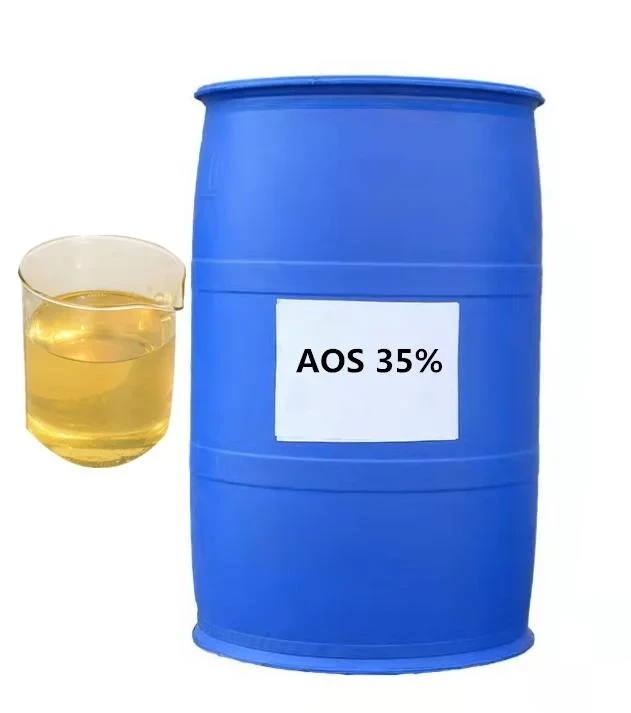



what chemical is used in chilled water
Understanding the Chemical Used in Chilled Water Systems
Chilled water systems are essential in maintaining optimal temperatures in commercial and residential buildings, particularly in regions with hot climates. Understanding the chemicals involved in these systems is crucial for ensuring their effective operation and maintenance. This article will delve into the primary chemical used in chilled water systems, along with its properties, applications, and safety considerations.
What is Chilled Water?
Chilled water is water that has been cooled to a temperature below the ambient temperature in order to absorb heat from enclosed spaces. The cooling process typically involves a chiller, which is a mechanical device designed to remove heat from the water circulating through the system. The chilled water is then distributed through air handlers or fan coils, where it absorbs heat from the air, consequently cooling the environment.
Primary Chemical Water
At its core, the primary chemical used in chilled water systems is, quite simply, water (H2O). Water serves as an excellent heat transfer medium due to its high specific heat capacity, allowing it to absorb a significant amount of heat without experiencing a substantial rise in temperature. Additionally, water is readily available, non-toxic, and environmentally friendly, making it a suitable choice for cooling applications.
Additional Chemicals Antifreeze and Corrosion Inhibitors
While water is the main component, other chemicals are often added to chilled water systems to enhance their performance and ensure their longevity. Two common additives are antifreeze solutions and corrosion inhibitors.
1. Antifreeze Solutions
In areas where temperatures can drop below freezing, ethylene glycol or propylene glycol is often added to the chilled water system to prevent freezing. Ethylene glycol is a widely used antifreeze due to its low freezing point and ability to withstand high temperatures. However, being toxic, its use must be carefully managed. Propylene glycol is a safer alternative and is often used in applications involving food, beverage, or pharmaceutical industries due to its non-toxic nature.
what chemical is used in chilled water

These antifreeze solutions lower the freezing point of the water/glycol mixture, ensuring that the system continues to operate effectively even in extreme cold conditions. The concentration of antifreeze must be carefully monitored to maintain system efficiency without compromising the properties necessary for effective heat exchange.
2. Corrosion Inhibitors
Corrosion is a significant concern in chilled water systems, especially when using metals like copper or steel. To combat this, corrosion inhibitors are added to the water. Common inhibitors include phosphates, nitrites, and azoles, which create a protective film on the metal surfaces inside the system, thus minimizing corrosion and extending the lifespan of the equipment.
Importance of Regular Maintenance
It is crucial to maintain the chemical balance in chilled water systems to ensure their efficiency and longevity. Regular testing and analysis of the water quality help in identifying any chemical imbalances or deterioration in the water's properties. This ensures that contaminants are removed, and the necessary additives are replenished, keeping the system operating optimally.
Safety Considerations
While water is non-toxic and safe, the additives used in chilled water systems require careful handling. Particularly, ethylene glycol can pose serious health risks if ingested. It is vital to ensure that all safety protocols are followed when handling and disposing of antifreeze solutions. Proper labeling, storage, and disposal methods should be in place to prevent accidental exposure.
Conclusion
Chilled water systems play a critical role in maintaining comfortable indoor environments, particularly in hot climates. The primary component of these systems is water, aided by additional chemicals such as antifreeze and corrosion inhibitors to enhance performance and prevent damage. Understanding the role of these chemicals and ensuring regular maintenance can help in optimizing system efficiency while ensuring safety. By effectively managing the chemical composition of chilled water, facility managers can create a comfortable and safe environment for all occupants.
-
Why Sodium Persulfate Is Everywhere NowNewsJul.07,2025
-
Why Polyacrylamide Is in High DemandNewsJul.07,2025
-
Understanding Paint Chemicals and Their ApplicationsNewsJul.07,2025
-
Smart Use Of Mining ChemicalsNewsJul.07,2025
-
Practical Uses of Potassium MonopersulfateNewsJul.07,2025
-
Agrochemicals In Real FarmingNewsJul.07,2025
-
Sodium Chlorite Hot UsesNewsJul.01,2025










